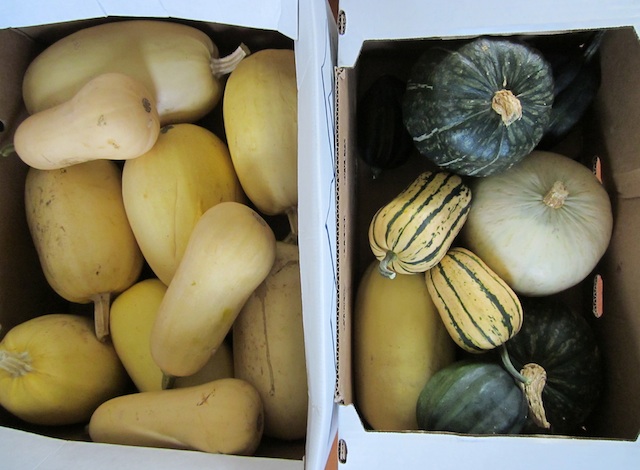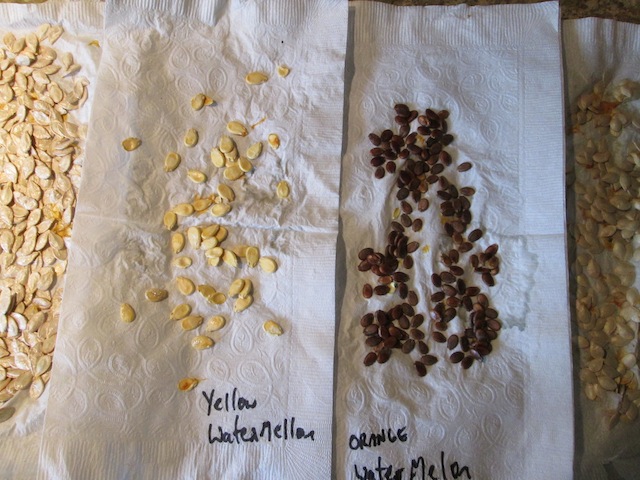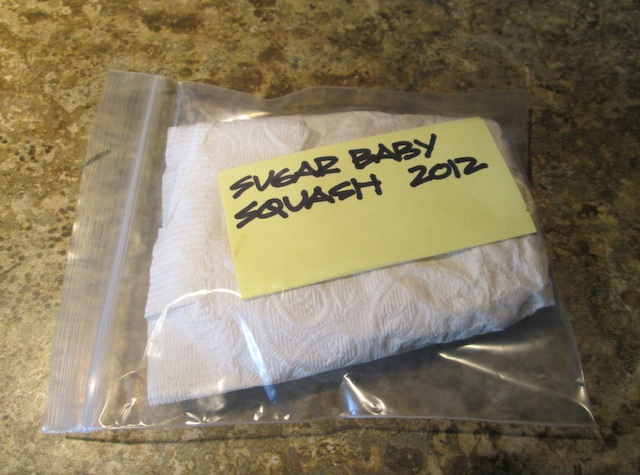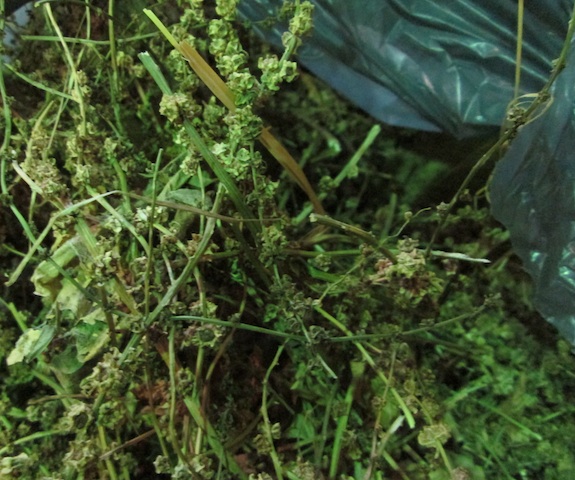“Freedom refers inwardly to our moral lives, and outwardly to choosing among alternatives that define our lives. Liberty, in contrast refers to the physical aspects of freedom.”
The War Against the Family by William Gairdner

I want to thank local farmers Magi and Don Buchanan of China Valley Poultry Farm for the delicious pastured turkey.
This Thanksgiving I have much to be thankful for. I have a healthy family, a successful business, and a happy marriage.
But during holiday times, food is always on my mind. I want to especially thank local farmers Magi and Don Buchanan of China Valley Poultry Farm for the delicious pastured turkey that honored my family’s table. The organic squash from Ed and Daniela Basile of Sun River Organics made a fantastic pumpkin dessert.
But I found myself looking at the richness of my holiday table. I could not name all the faceless, nameless people that have worked to provide such a rich bounty. I found myself grateful for the spontaneous order of the market — that like magic — had brought this bounty to my home.
“The expression ‘the paradox of freedom’ means that whenever we exercise our freedom we limit ourselves, simple by choosing one alternative over another… The important point here is that to use our freedom is to limit our freedom in all sorts of ways.”
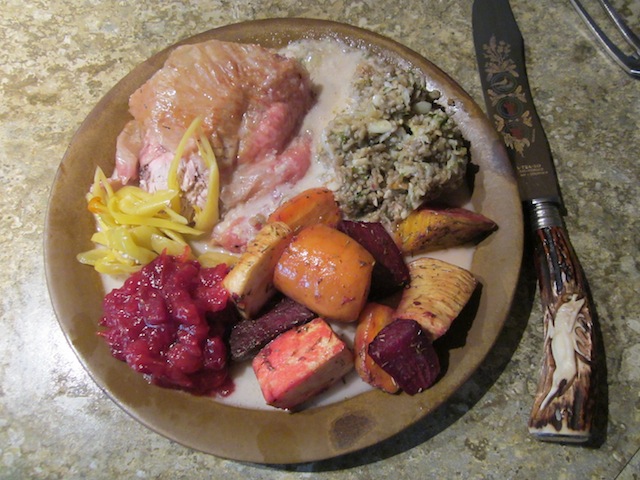
A BIG thank you to all the faceless, nameless people that make up the spontaneous order of the market and provide my family will such a rich bounty.
I know not everyone would like pastured turkey for Thanksgiving. I then thanked the free market for providing moose, lamb, pork, goose, fish and tofurkey (tofu turkey) for those that would prefer these options. I found myself glad that people that preferred to eat Thanksgiving at McDonald’s could do so, while others would enjoy a five course offering at the Brownstone.
I found myself thankful for all the choices that the market brings to my community.
“The glory of our freedom is that by limiting it in one way, and not the other, we define ourselves by our actions. We live and feel our freedom by making positive decisions to say ‘no’ to specific alternatives. At bottom, freedom is the ability to say ‘no’.”
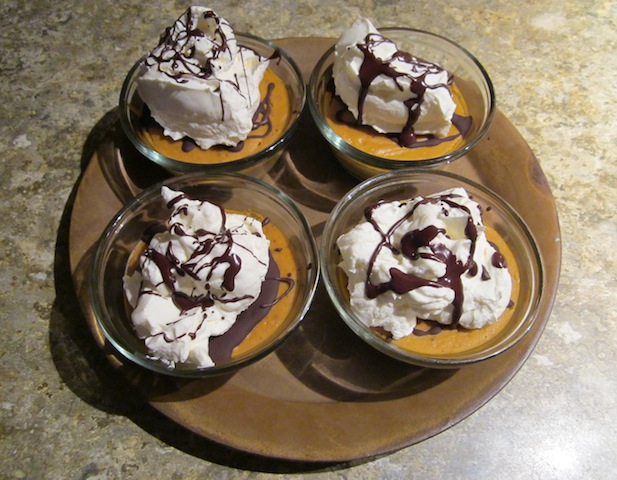
I want to to thank organic farmers Ed and Daniela Basile of Sun River Organics for the fantastic squash that made a delicious pumpkin dessert. The recipes are below.
Happy Thanksgiving! May we continue to have food freedom. May we continue to have the personal liberty to celebrate the holiday as we see fit.
Holiday Dinner Menu
Onion Gravy
Crock Hot Peppers

